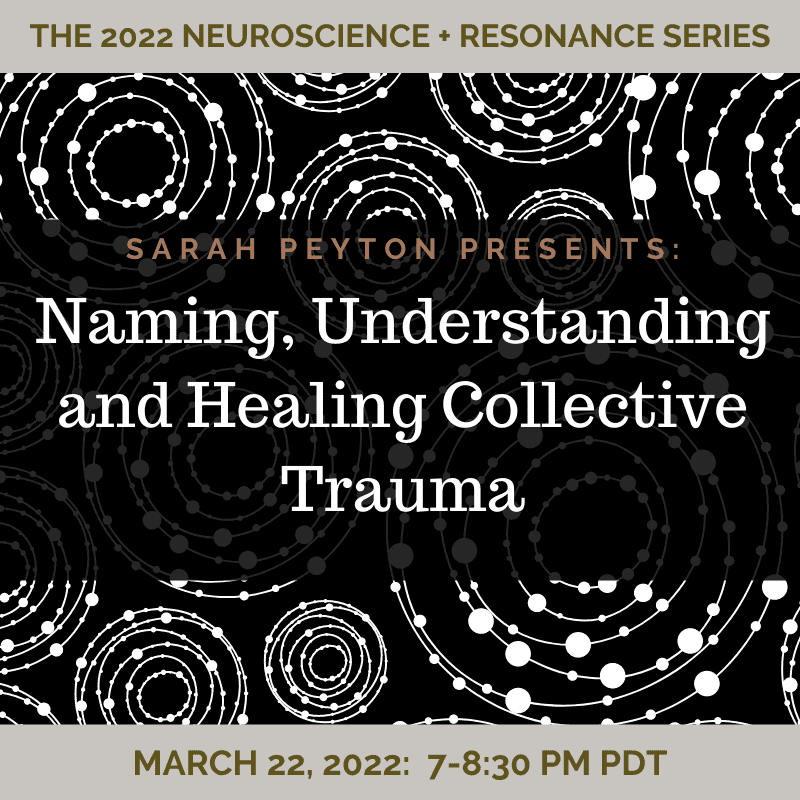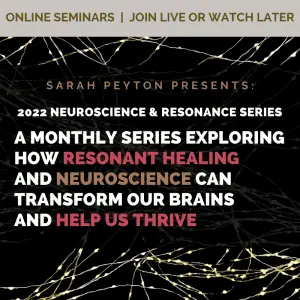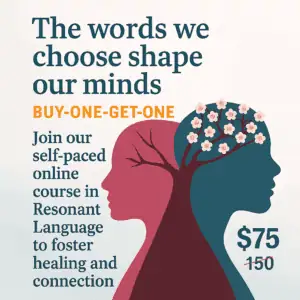Description
After bombings, earthquakes, tsunamis, floods, and other disasters, domestic violence rates increase by at least 50% in families for up to two years (and beyond). Collective trauma enters the bones of our families, changing childhoods, and creating imprints of stress and distress on people. Shame often follows the movement of collective trauma into family history – without any knowledge of the impact of collective trauma, people can ask themelves, “why does my family suffer from alcoholism, addiction, child abuse, or violence?” The naming of the impact of collective trauma is the first step in healing. What are the other steps that can be taken to support the healing of our families and our communities?
Join Sarah for an exploration that will take us into transgenerational understanding, compassion and movement.
- This is an online zoom webinar that runs for 90 minutes with an optional 30 min Q&A.
- Purchase includes invitation to the live webinar and post-webinar access to access the recording + slides, including research citations when relevant.
- This webinar is the March meeting of Sarah’s 2022 Neuroscience and Resonance monthly series.





